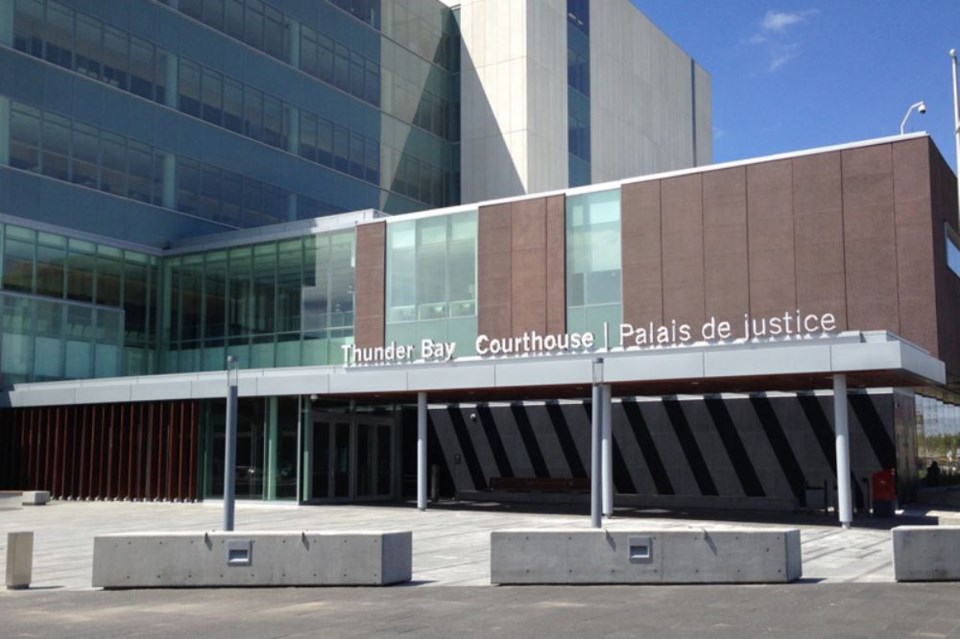THUNDER BAY – As the inquest into the deaths of seven students closed, the presiding coroner urged jurors to work seriously to develop recommendations to prevent similar deaths in the future.
After hearing testimony from 146 witnesses and entering 185 exhibits since beginning last October, the inquest into the deaths of seven students attending high school in Thunder Bay wrapped up Friday with jurors receiving their final instructions before starting deliberations.
The seven students, Jethro Anderson, Curran Strang, Paul Panacheese, Robyn Harper, Reggie Bushie, Kyle Morriseau, Jordan Wabasse, all came to the city from remote First Nations communities and died between 2000 and 2011.
The five-member jury is tasked with determining the identity of each youth, where they died, when they died, the cause of their death and manner of death. The manner of death can be classified as either natural, accidental, suicide, homicide or undetermined.
There is dispute from different parties on the manner of death in nearly all of the cases, specifically the river deaths of Anderson, Strang, Bushie, Morriseau and Wabasse.
Coroner’s counsel, relying on evidence from forensic pathologist Dr. Toby Rose and Dr. Karen Woodall, submitted the death of Panacheese was from natural causes, the manner of Wabasse’s death is undermined and the other five deaths were accidental.
However, the families and Nishnawbe Aski Nation among others want the jury to classify the death of Harper as a homicide and all the others as undetermined.
As well, coroner’s counsel asserts the causes of death for Anderson, Strang, Bushie and Morriseau to be drowning with alcohol intoxication as a contributing factor. The families and NAN want the causes of death to be determined solely as drowning.
Coroner’s counsel Trevor Jukes said identifying alcohol intoxication as a contributing factor does not mean the youth were less than worthy or deserved their fate.
In addition to the five findings of death, the jury also has the opportunity to form recommendations aimed at preventing similar deaths in the future.
The jury has been provided a list of 118 joint slate suggested recommendations from a number of the parties with standing represented throughout the inquest. Those suggested recommendations range from addressing the First Nations education funding gap, ensuring there are more resources and supports available to students and working to improve quality of life in remote First Nations communities.
Presiding coroner Dr. David Eden told the jury he views the central issue of all the cases being the gap between what students needed when transitioning from their home communities to the city and what was actually available when they arrived.
Eden instructed them to craft their recommendations, which are not legally binding, to be clear, easily understood and without ambiguity to increase the chances of them being implemented.
The coroner also told the jury to not develop any recommendations based on dollar amounts for budgets or funding commitments, specific staffing levels or ratios or curriculum mandates.
Some of the parties with standing, including the Provincial Advocate for Children and Youth as well as the Northern Nishnawbe Education Council, also submitted their own recommendations which were not adopted on the joint slate.
Federal government lawyer Gregory Tzemenakis made closing submissions on behalf of Canada earlier Friday, explaining why Ottawa is not taking a position on any of the joint recommendations.
Tzemenakis said the government believes First Nations should control First Nations education and not involve unilateral action dictated to communities. He added processes such as needs assessments and needs prioritizations need to happen to help determine how federal money can be best spent.
He also acknowledged there will be limitations.
“Regrettably, Canada is not in a position to fund all the recommendations now,” Tzemenakis said, adding the federal government intends to implement some recommendations that will lead to “concrete change.”
Though the jury does not have a deadline to complete their deliberations, a courtroom has been booked for June 16 and 28 in the event the process has been completed.
